THE LAW, SOCIETY AND EVERYTHING WITHIN
With
Justine Emenike

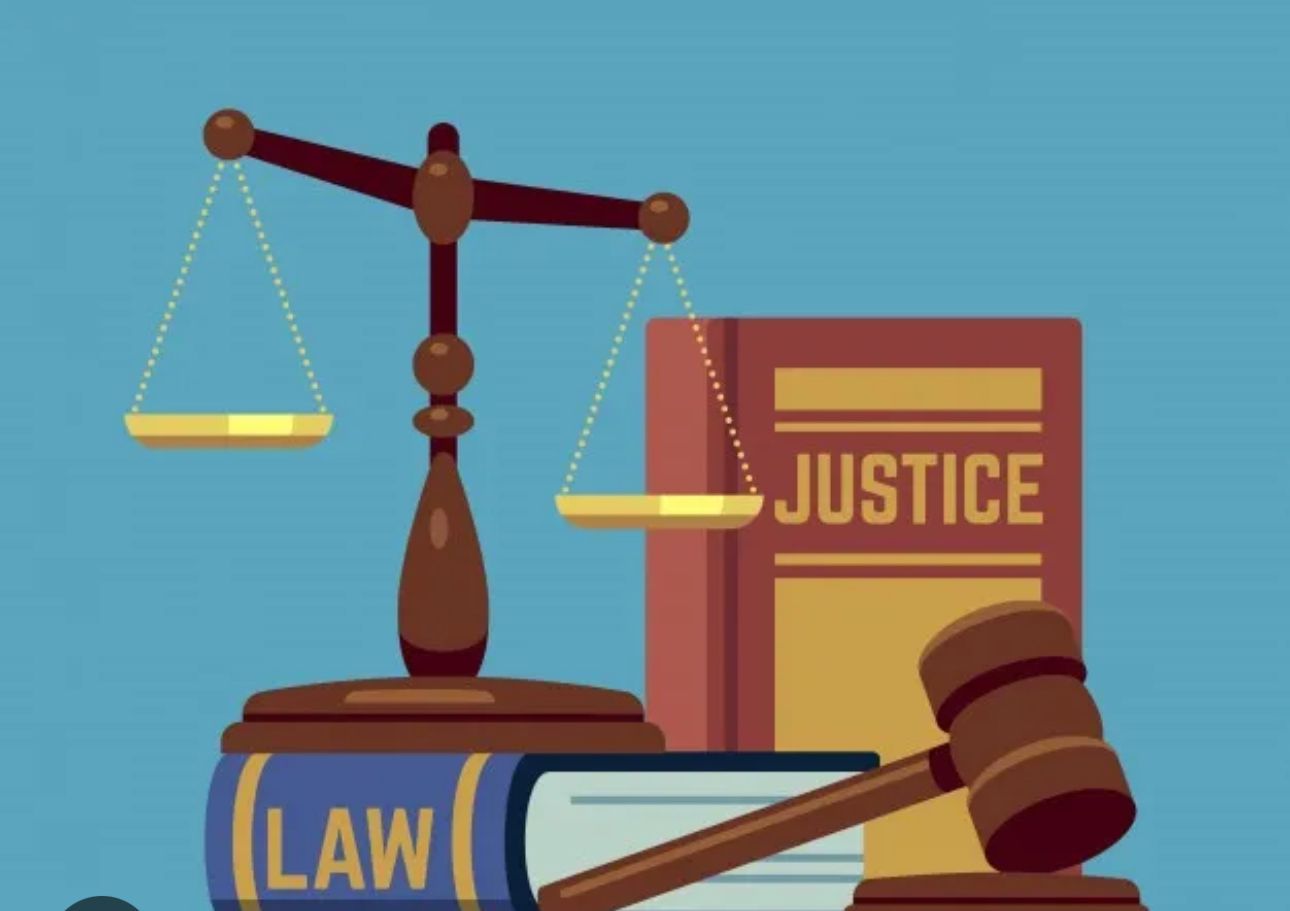
The place of the Law and the society and everything within it underscore our continues discussion to help invoke and provoke a robust discussion that will provide narratives, agender and perspectives withing the contextual framework of humanity and human interaction thereof in our contemporary society at large. To me personally, I like to look at things from a wider perspective when it comes to issues bordering on immediate need and urgency. Community Policing is one of the issues and front burners making the news around the world. While it has worked for so many developed and developing countries and its benefits have been enjoyed alike by them, country like Nigeria is still playing tribal sentimental politics with it. Even in the face of series of new dimensions of criminal activities been birthed on a daily basis, the leaders seem to have lost the ability to critically think towards the direction of Community Policing mechanisms.
It is very simple, its either now or never, because in Law the fundamental principle of time is of the essence has no two meanings. ‘Claim it or loss it’. A late claim would always have to contend with de barring test’ , The main argument herein is that an immediate adoption of Community Policing in today’s troubled Nigeria is a lasting solution to insecurity, insurgency concerns of loss of lives, properties and earnings in Nigeria.
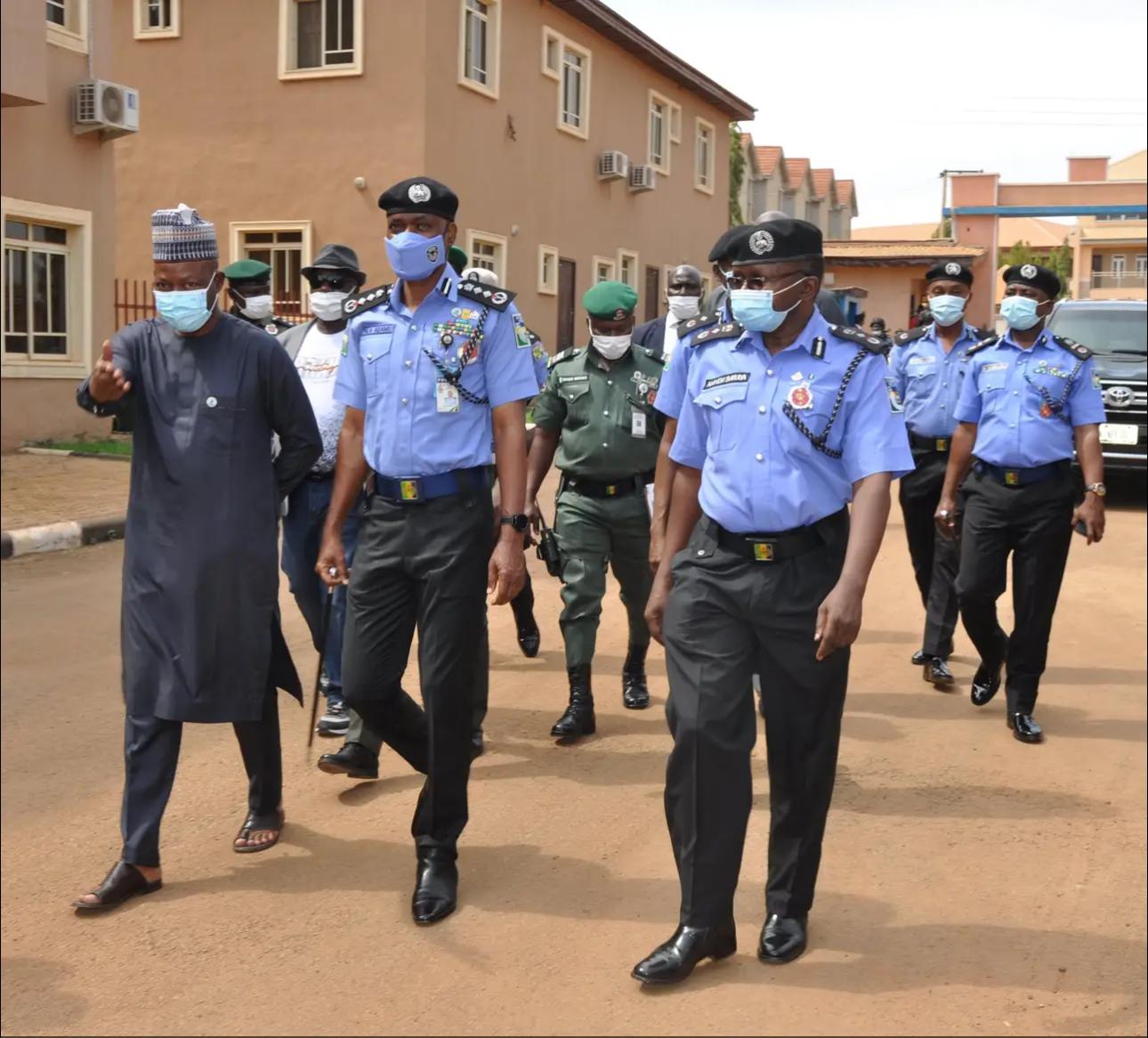 The adoption of Community Policing by serious countries has shown that crime prevention, deterrent and control is practically possible. The success stories from some of these countries indicate that there can be harmony and tranquility between law and the society. The name Koban is means community policing in Japan where small neighborhood police station is planted in all communities and officers build friendly and strong relationship with residents, they are saddled with the responsibilities of addressing local challenges to prevent, crime. This institution helps the community build peace and confidence among the populace. The effect of this operation has contributed largely to Japan’s low crime rates.
The adoption of Community Policing by serious countries has shown that crime prevention, deterrent and control is practically possible. The success stories from some of these countries indicate that there can be harmony and tranquility between law and the society. The name Koban is means community policing in Japan where small neighborhood police station is planted in all communities and officers build friendly and strong relationship with residents, they are saddled with the responsibilities of addressing local challenges to prevent, crime. This institution helps the community build peace and confidence among the populace. The effect of this operation has contributed largely to Japan’s low crime rates.
In the United Kingdom, neighborhood officers engage with the residence in a number of issues, ranging from meeting, charting, patrolling etc. They are also available and present in every locality in the country. They are easy going, friendly and approachable. You can ask them any question at any time, and they are always happy to help. On one occasion I remembered that a guy had walked up to the community police officer, in Wolverhampton and asked, ‘please what time does that pub across closes for business ‘and he was told 2am.’ Again. Evidentially, this type of policing has helped build trust in every community and reduced crime in all the regions.

In Singapore, neighborhood police post is planted in all the communities across the state, and they engage with the residents and helps educate the residents on safety education, addressing concerns promptly and this brought about trust and crime reduction.
In the United States: Community policing played and are still playing relevant roles in the polity. Programs like the Boston Police Department’s “Operation Ceasefire” reduced gang violence, while the New York Police Department’s “CompStat” improved crime data analysis and accountability.
In Netherlands the Dutch community policing deploys its energies into problem-solving and collaboration. Officers work closely with community members, social services, and local organizations to prevent crime and enhance safety.
Prior to contact with the outside world especially the colonialists, Community policing had thrived in Nigeria and were responsible for crime prevention, control and security of lives and properties. During and after colonialism, the story changed, and the center could no longer hold as thing began to fall apart. The adoption of western police system has not only destabilized the indigenous and effective policing system embedded the pre – colonial community policing but have equally created a big lacuna that has divided the people and the police in the society. The effect of this is the perception that the police is the enemy of the people. A holistic investigation on the Nigeria police reveled an enormity of mis conducts, lawlessness and disobedient to the courts of the land, dis regards for human rights provisions, tortures, unlawful arrests and detention, collecting bribes as if it were their birth rights in the open, unlawful killings of citizens, renting out guns to criminal gangs etc.
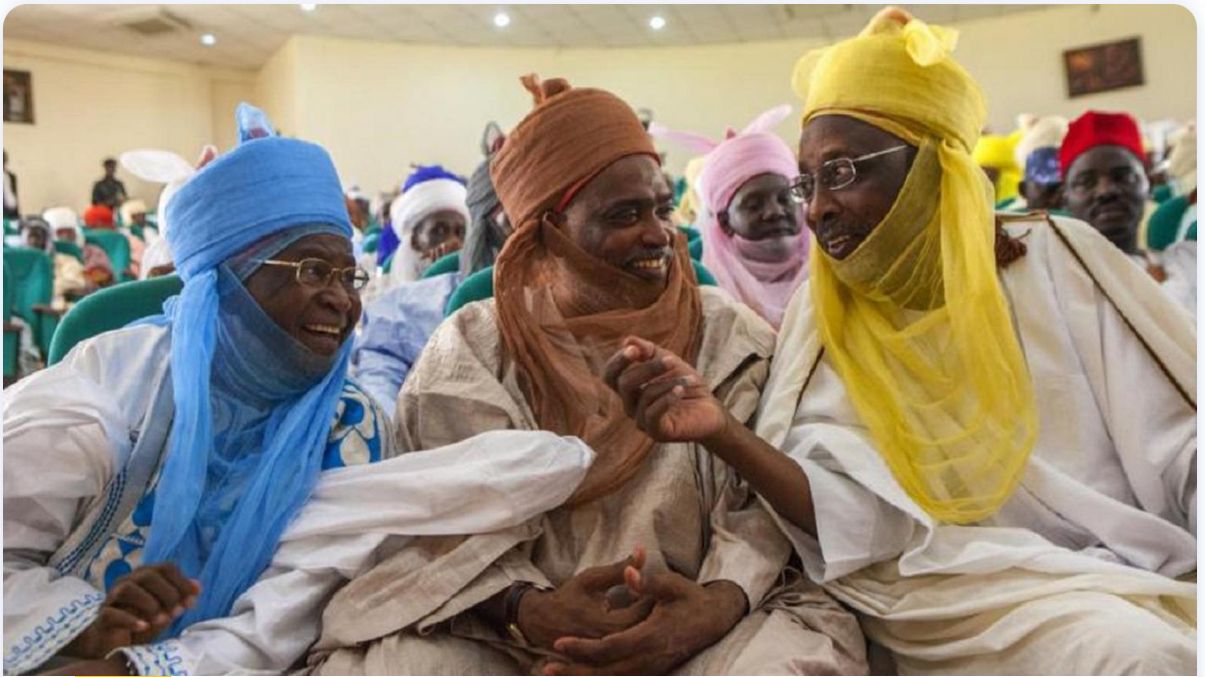
These attitudes endanger continues rise of crime in the country and has risen to unprecedented, unexplainable level. This keeps one thinking ‘where is the renew hope promised by this government going to come from? Would this renew hope ever come in our time and space?’. From Abia to Zamfara State, the story remains the same. Notable among the crimes are inter communal clashes, kidnapping for ransom, banditry, robbery, oil thefts, killing of security personnels, burning and vandalization of state infrastructures etc.
What is the way out? Personally, there exists in Nigeria a readymade mechanism, tested and trusted that could be deployed to bring about a home-made Community Policing. The Nigerian Peace Corps which I happened to have enlisted into some years back is an organization with persons and officers of disciplined characters. Well trained in principles and practice in safety and security education, human relations, crises management, community policing, health and environmental hazard awareness, leadership and entrepreneurship, orientation and socialization among others.
The organization presently referred to as the Peace Corps of Nigeria is an independent, non-governmental, and non-profitable uniformed (paramilitary) youth organization founded in 1998 by Dr. Dickson A. O. Akon. And they are in every local government in the country. Their mission is to connect young people with opportunities for personal transformation and create a more peaceful society. They focus on youth development, volunteerism, community services, and nation-building. Some years back the Governor of Akwa Ibom adopted it as a state Community Policing to help combat insecurity in that state and build community relationships among its citizens. An evaluation of its services proved effective and result oriented.
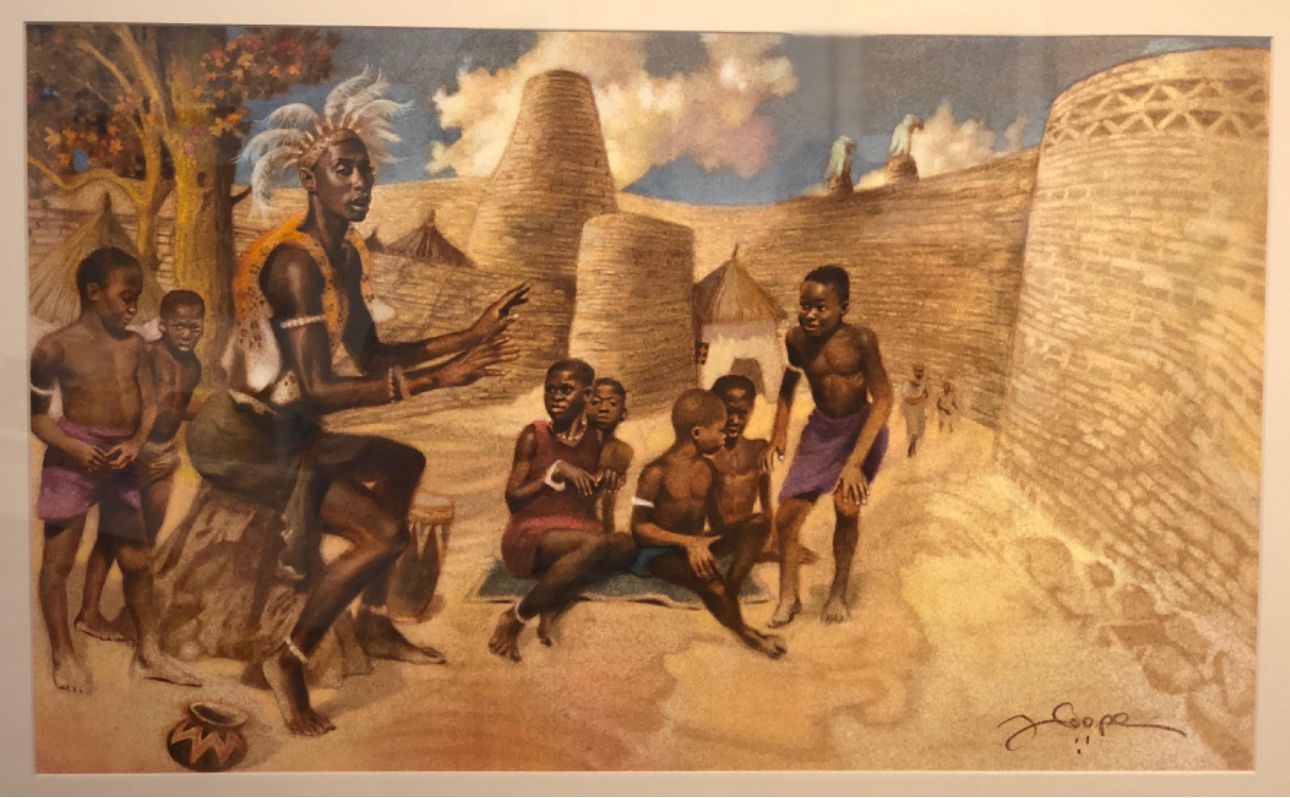
Disciplinary procedures are put in place to deter corrupt practices among the officers. On the day of our passing out parade, about ten top officials were demoted, de-reranked publicly due to some anti – social cum policy behaviors and this became the talk of the town. This singular action for a long time serves a deterrent to all the ranks and fills in the organization.
It should be pointed out here that Lagos State neighborhood Corps is a community policing model and whose operation had been adjourned to be efficient, though with some level of unprofessionalism, abandonment of duty post without waiting for reliver etc. However, it lacks national coverage. What is needed in the present Nigerian state is an organization that has a national coverage and operate on same fundamentals, strategies and leadership to be able to meet the urgent challenges of combating crime and building peace.
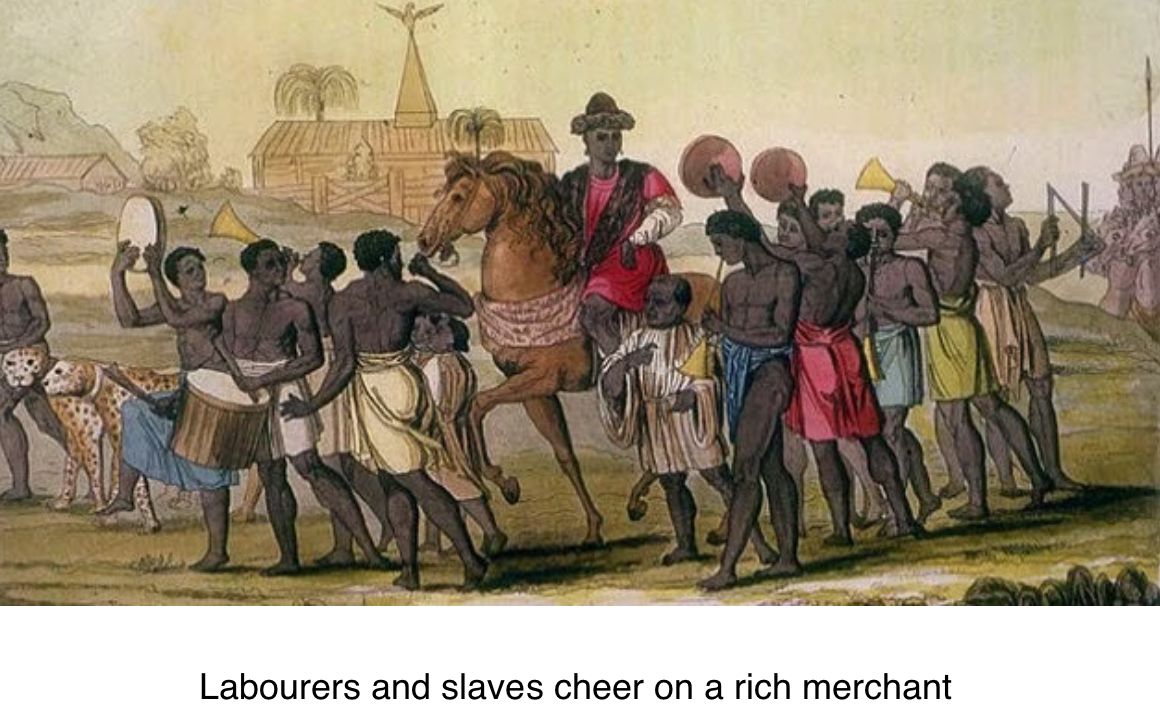
The time is now. The government of Nigeria must stop playing politics of acrimony with things that would bring about immediate and long-lasting social change and transformation to the country. If the old national anthem could benefit from magical legislation and passed into law before we could say Jack, then Community Policing Bill already in the house of Senate and Assembly should get a super-duper statue and be passed into law because time is of the essence. And the time is now.
By Emenike Justine

